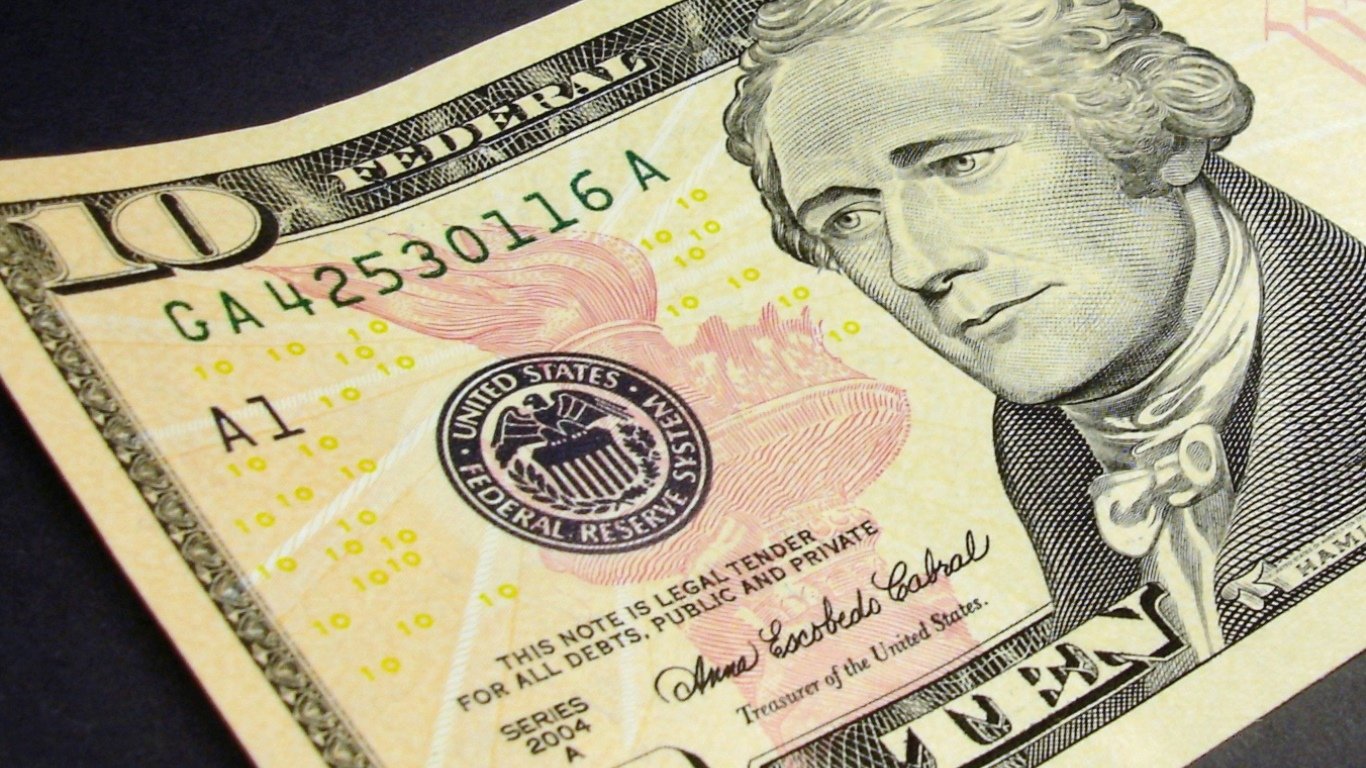

When a bull market dies and rapidly is replaced by a bear market and instant recession, corporations have extreme difficulty in forecasting any business conditions or sales very far into the future. 24/7 Wall St. already tracks many sell-side analyst ratings, but the downgrades and negative actions from major credit ratings agencies can create far worse implications for a company.
Credit ratings can show the underlying credit metrics and financial health of a company far more than daily equity ratings changes from the likes of BofA Securities, Citigroup, Goldman Sachs and so on. More credit ratings changes are to the downside now, due to the overwhelming negative effects of the broader COVID-19 economy.
The three main agencies are Moody’s, Standard & Poor’s and Fitch Ratings. When they downgrade corporate credit ratings, the ultimate outcome can be higher borrowing costs for the companies. It’s not generally all that bad if an AA rating is moved to A as it is still very much an “investment grade” issue. Yet, when companies become at risk of becoming speculative rated or “junk bonds” with less than BBB−/Baa rating, their corporate borrowing costs can skyrocket, based on the interest rates they have to pay and also on the terms and debt covenants. Many investors cannot or will not purchase bonds if they are not considered “investment grade.”
The major agencies issued multiple credit ratings downgrades and negative credit ratings views on Wednesday afternoon through Thursday. The only good news on the back of these downgrades is that most of their common stocks were rallying because the stimulus is becoming more clear and because the stock market has now recaptured half of its losses from the peak to trough selling from February through March.
Here are 10 fresh credit rating actions that investors will want to consider when analyzing the finances of companies.
AutoNation Inc. (NYSE: AN) was maintained with a BBB− rating at S&P, but its outlook was revised to Negative based on expected pressures from the current coronavirus pandemic. That puts AutoNation at risk of losing its investment grade rating. S&P sees significant declines in sales and margins creating a risk that “cash flow adequacy” will breach its investment-grade metrics, which could lead to a BB+ credit rating.
Booking Holdings Inc. (NASDAQ: BKNG) was affirmed with an A− rating at S&P. That is still handily in investment grade, but the outlook was revised to Negative from Stable, based on the COVID-19 economic impact on the travel industry.
Cincinnati Bell Inc. (NYSE: CBB) was already within the “junk” status at S&P, but the agency lowered its rating to B− from B due to high leverage amid ongoing economic uncertainty. S&P’s new outlook is Stable, but it also lowered the senior secure debt rating to B+ from BB− and lowered its senior unsecured debt to CCC+ from B− in the call.
Cinemark Holdings Inc. (NYSE: CNK) has been under pressure as theaters are closed and no movies are coming out, but S&P downgraded its rating deeper into junk status, to BB− from BB. Unfortunately, the credit ratings remain on CreditWatch Negative, which means additional weakness in credit metrics may be expected.
Corning Inc. (NYSE: GLW) saw its rating Moody’s affirmed at Baa1 on its senior unsecured rating. That keeps it at investment grade, but Moody’s lowered its outlook to Negative. The agency indicated that Corning has allowed its leverage to rise well above historical and expected levels for the investment-grade rating, and while it is limiting share repurchases for now, the company is facing a weaker demand environment in its key market segments at the same time it faces uncertainties and disruptions.
Thank you for reading! Have some feedback for us?
Contact the 24/7 Wall St. editorial team.
 24/7 Wall St.
24/7 Wall St.


